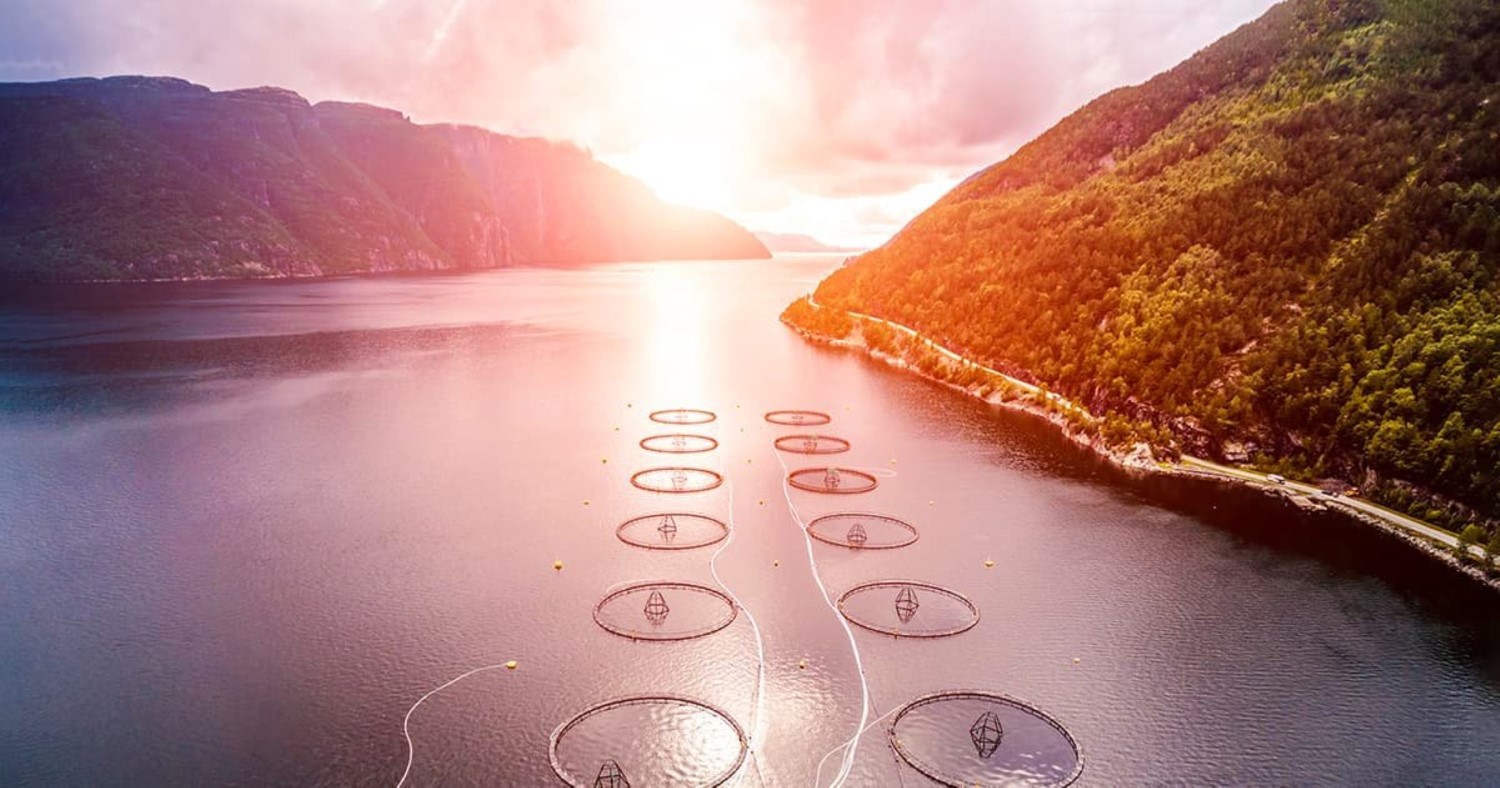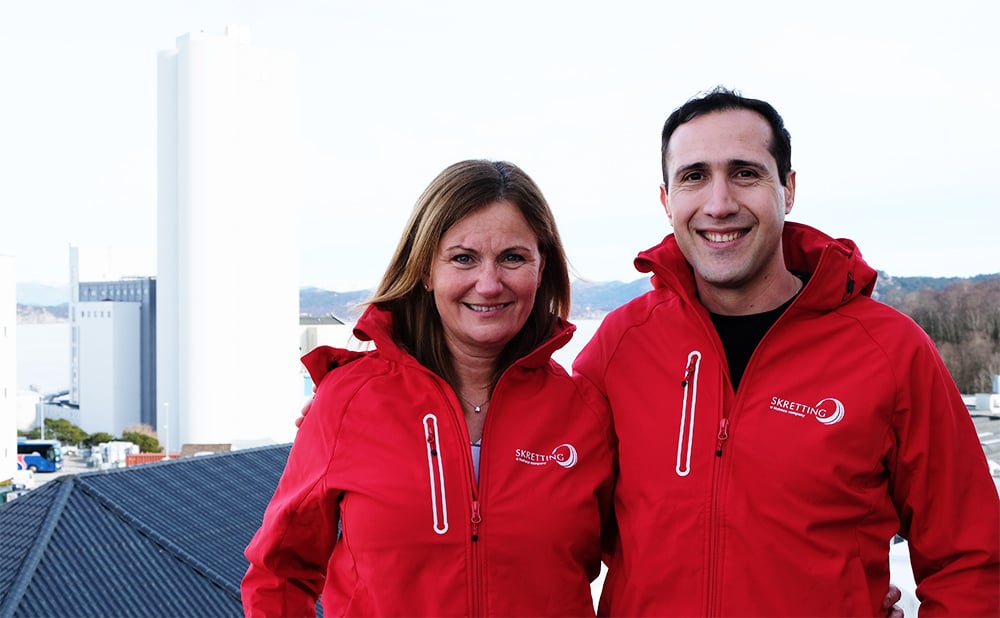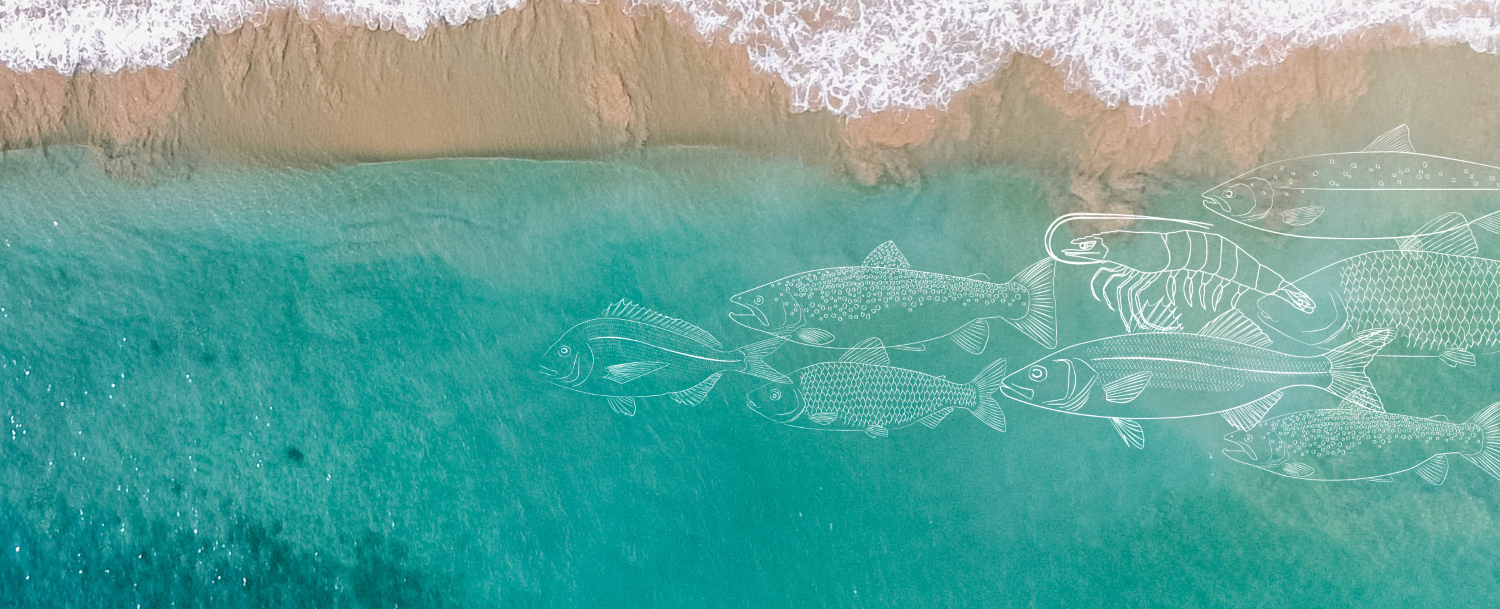Today, Skretting CEO Therese Log Bergjord has signed the UN Global Compact Sustainable Ocean Principles, committing to ensuring the health and productivity of the ocean for the future. Nutreco has been a member of the UN Global Compact since 2015.
Skretting ranks among the top seafood companies in the world in first Seafood Stewardshop Index, and signs UN Global Compact

Bold action is essential to realise the UN SDG agenda. Skretting and Nutreco have long been dedicated to working towards stronger targets to meet this demand. Today, to facilitate this acceleration, Skretting CEO Therese Log Bergjord has signed the UN Global Compact Sustainable Ocean Principles, committing to ensuring the health and productivity of the ocean for the future. Nutreco has been a member of the UN Global Compact since 2015.
The World Benchmarking Alliance (WBA) has today launched the Seafood Stewardship Index, which provides a ranking of 30 of the most influential seafood companies in the world on their commitments, transparency and performance to meet the United Nations’ (UN) Sustainable Development Goals (SDGs).
This marks the first detailed, independent ranking of the top companies based on sustainability actions. “We welcome this index, as it gives the first non-biased reference to describe the efforts of these companies,” says Trygve Berg Lea, Sustainability Manager at Skretting. “We are also happy to be listed among the top companies on the list. Moving forward, we can identify key action areas and align those together with customers, suppliers and partners in order to drive innovation in our industry and ensure access to more sustainable, healthier and safer seafood for the world’s growing population.”
José Villalón, Nutreco Corporate Sustainability Director also welcomes the index. “The seafood value chain is characteristically transparent and forthcoming in its annual reporting, as shown recently in the Coller Faair Report, where the top six of 60 publicly traded companies benchmarked were seafood-related companies. What we would like to see is this type of tailor-made sustainability ranking done in other centre-plate protein production sectors, such as poultry, pork, beef and dairy.”


